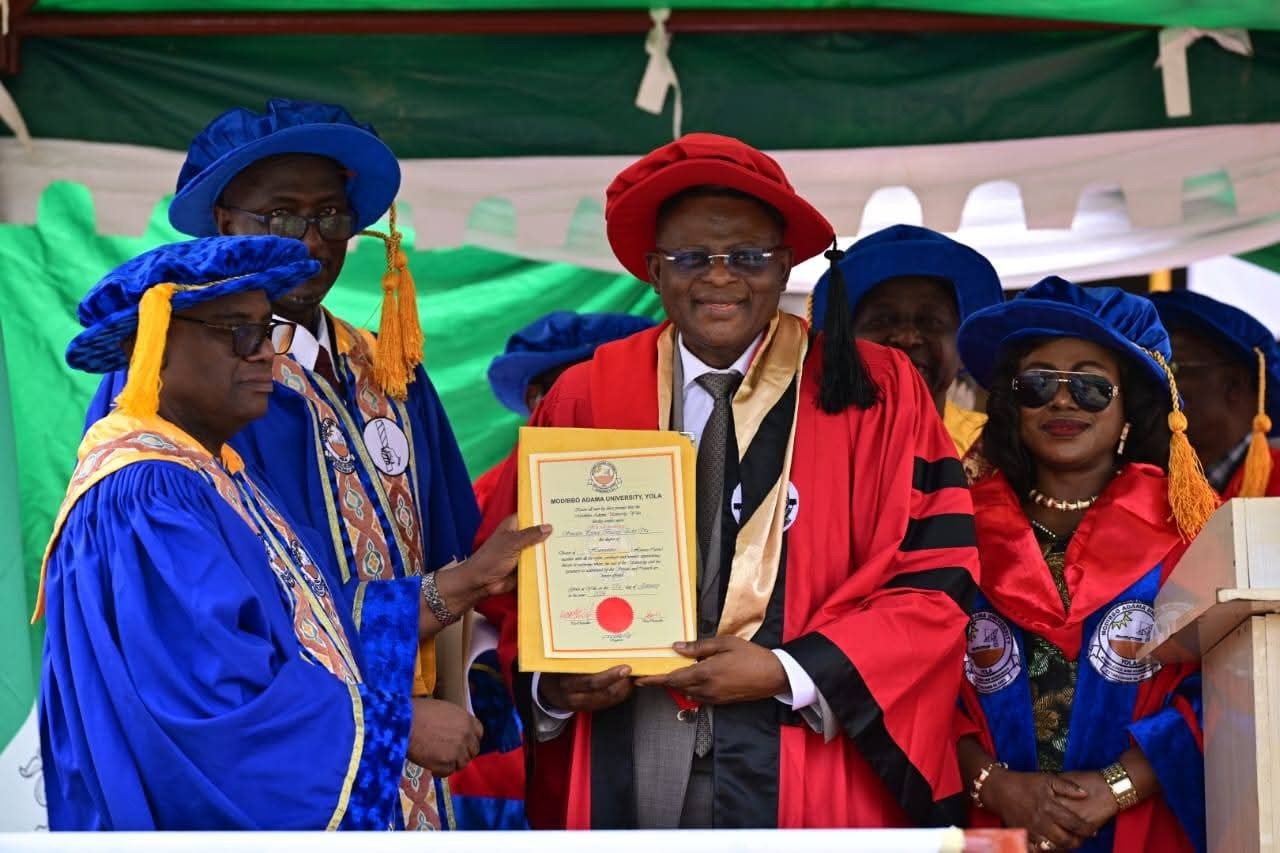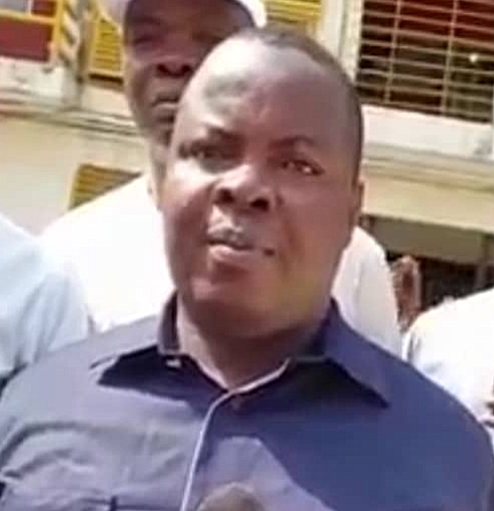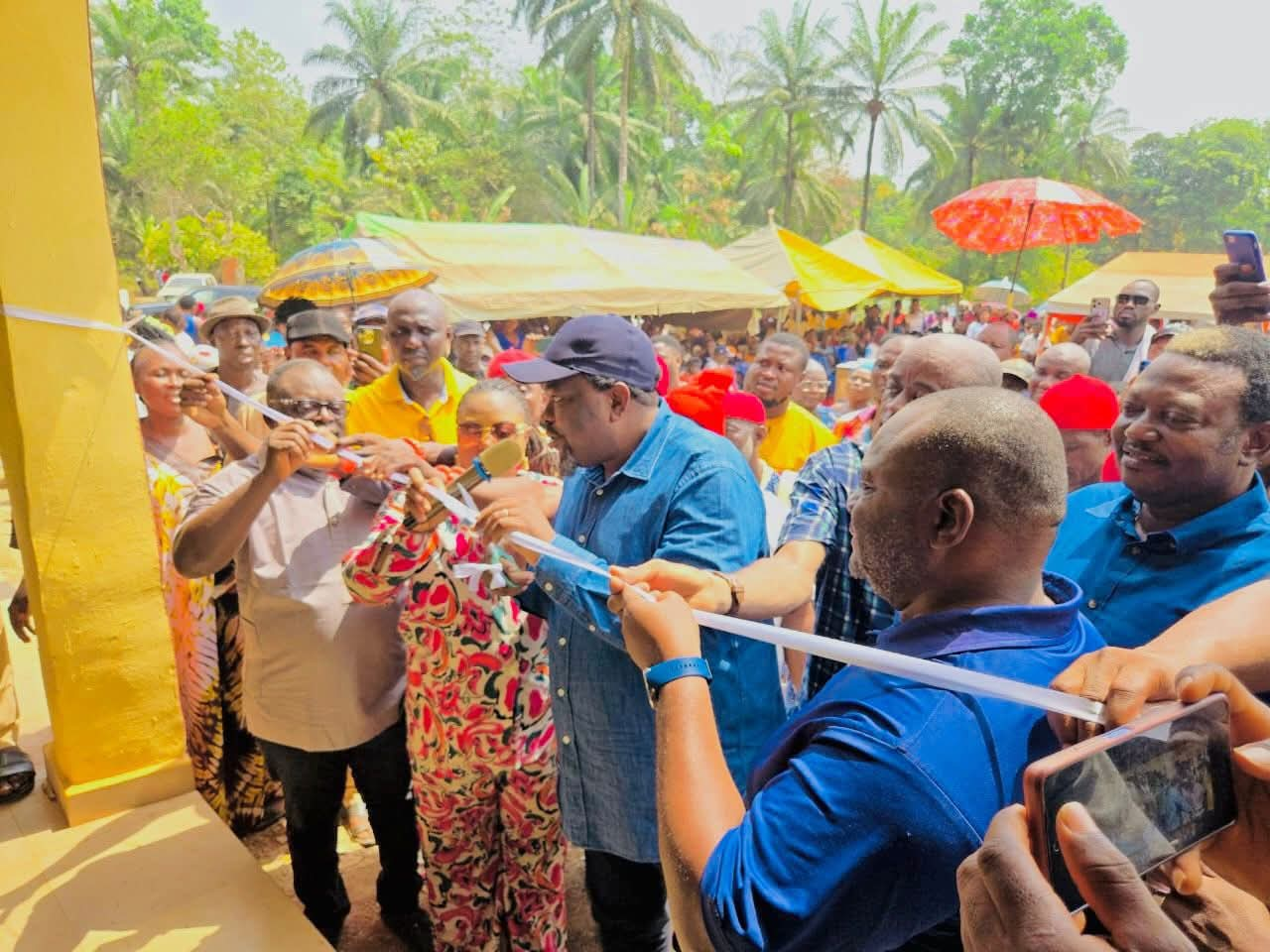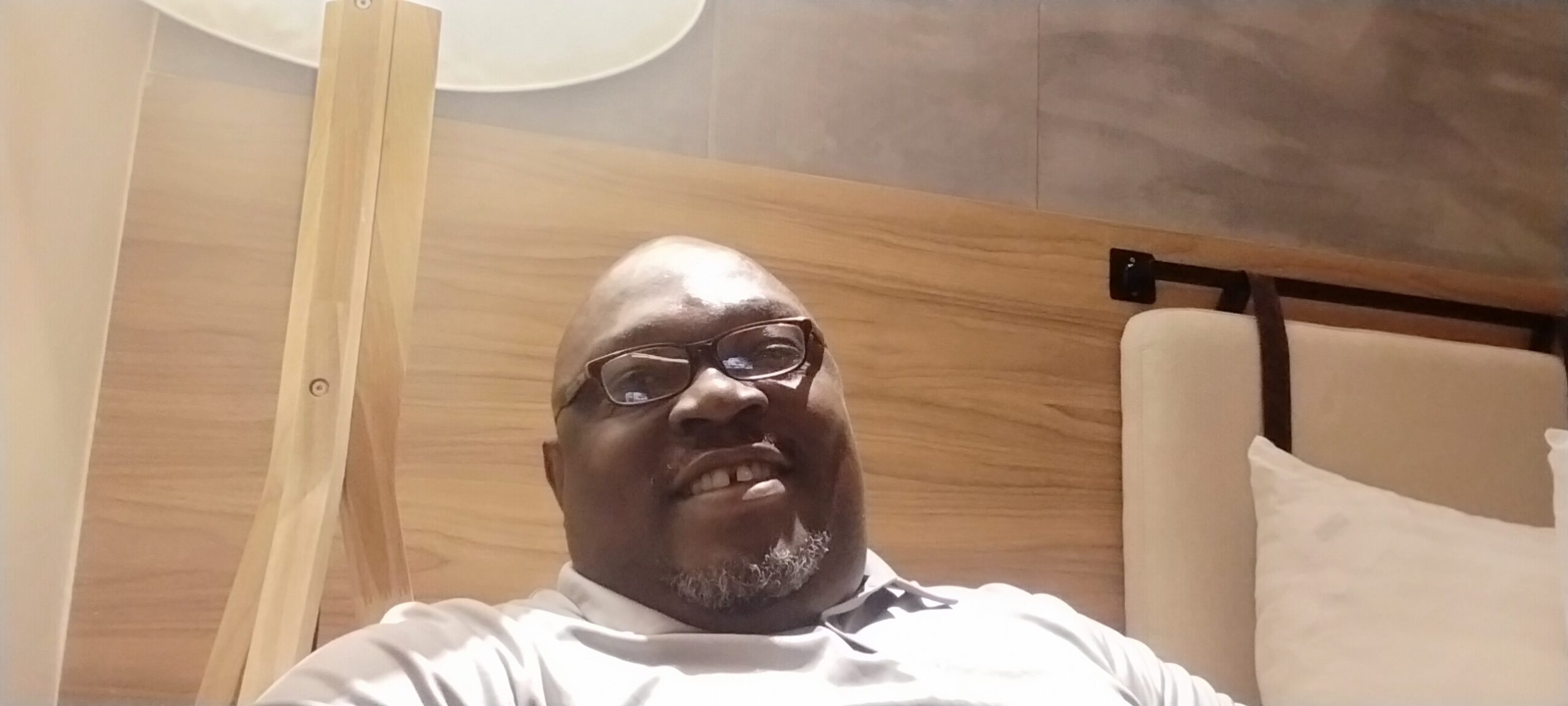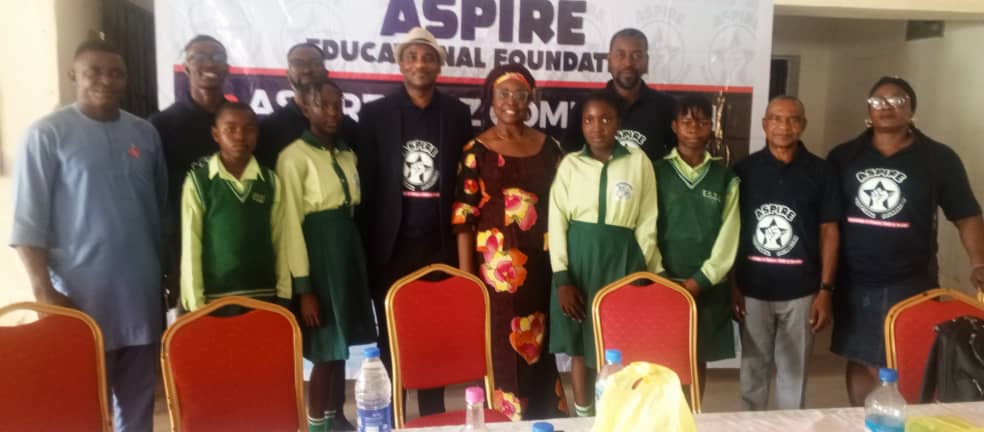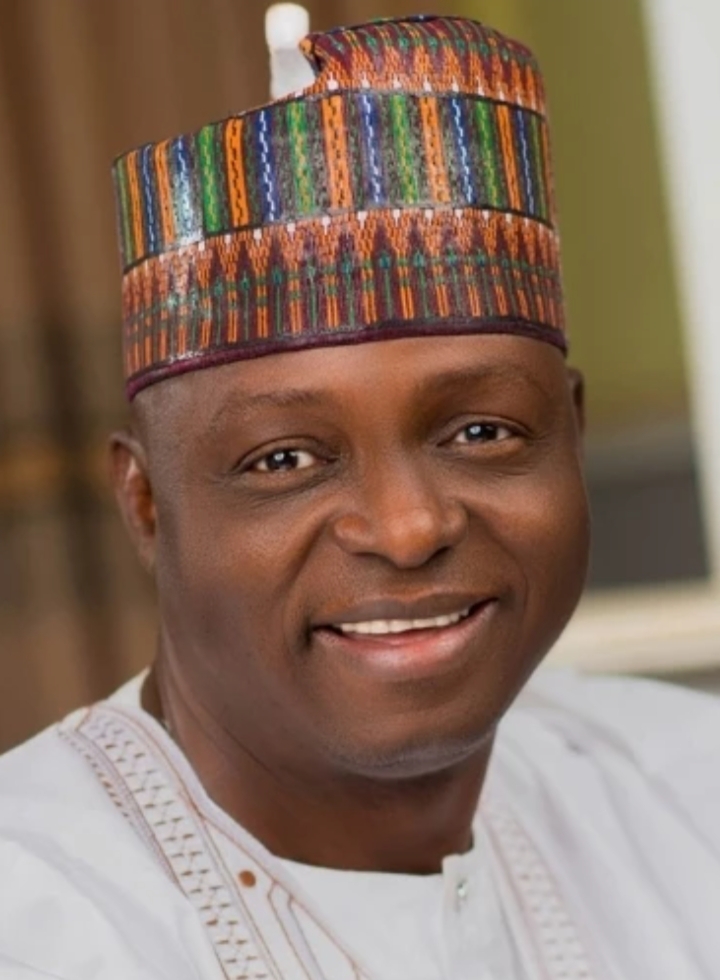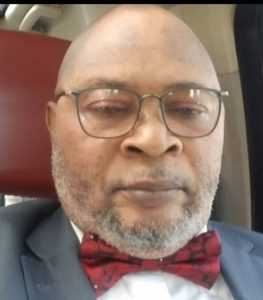
ABSTRACT:
This paper offers a reasoned rejoinder to criticisms surrounding the appointment of Nentawe Goshwe Yilwatda as the National Chairman of the All Progressives Congress (APC). Contrary to prevailing allegations that his prior service in the Independent National Electoral Commission (INEC) jeopardizes the neutrality of the Commission, this analysis contends that his emergence as party leader represents a golden opportunity for institutional development, political modernization, and democratic consolidation in Nigeria. Drawing from global best practices and political science theory, the paper argues that political parties, being the engines of democracy, need professionals with technical know-how and ethical clarity to anchor their affairs. Far from being a threat, Yilwatda’s appointment signals the ascendancy of competence, order, and strategic vision in party administration and should be emulated by other political parties for the collective good of the Nigerian democratic project.
1. INTRODUCTION: WHEN MERIT MEETS PARTY LEADERSHIP
The Nigerian political party system has long suffered from the plague of transactional leadership, where loyalty supersedes merit, and populism drowns professionalism. The appointment of Nentawe Goshwe Yilwatda as the Chairman of the ruling All Progressives Congress (APC), therefore, marks a historical departure from the norms of mediocrity and patronage that have stifled internal democracy, party ideation, and long-term policy thinking in the country.
Yilwatda brings to the helm of party leadership a pedigree unmatched in Nigeria’s partisan space—academic brilliance, technocratic depth, and institutional memory. Instead of being vilified for his past service at INEC, he should be celebrated as an exemplar of how democracies evolve when politics begins to draw from the well of knowledge, ethics, and administrative competence. His appointment is not a liability but a democratic dividend,and the electorate, opposition parties, and Nigeria at large stand to benefit tremendously.
2. REFRAINING THE DEBATE: FROM CONFLICT OF INTEREST TO CAPACITY BUILDING
Critics argue that Yilwatda’s background as a former INEC Resident Electoral Commissioner introduces potential conflicts of interest. However, this line of reasoning is both intellectually limiting and democratically shortsighted. It presumes that prior public service disqualifies professionals from future political participation. This is a dangerous precedent if upheld.
In democratic societies such as the United States, Canada, and Germany, former election administrators, judges, diplomats, and technocrats routinely join political parties or run for office without fanfare. What matters is not the identity of the individual but the systems in place to guarantee transparency, checks, and oversight. Nigeria must not criminalize competence or stigmatize technical expertise merely because it originated from a regulatory agency. Rather, the focus should be on strengthening institutional safeguards within INEC to prevent abuse, irrespective of who chairs which party.
Yilwatda’s deep understanding of electoral systems, digital infrastructure, and voter management should be seen as an asset for electoral reform, not a threat to its fairness.
3. THE CASE FOR PROFESSIONALIZATION OF PARTY LEADERSHIP
Nigeria’s democracy has suffered from the absence of policy-driven party leadership. Most parties, including the APC and PDP, have historically recycled politicians with little understanding of modern governance dynamics. Yilwatda’s appointment ushers in a new era, one where party leadership is anchored in data, science, and systems thinking.
His background in ICT and electrical engineering means he can:
Digitize party membership records and financial transactions for greater accountability.
Use data analytics to improve grassroots engagement and electoral messaging.
Bring order to party primaries by introducing e-processes that reduce human manipulation.
Facilitate the inclusion of young professionals and technocrats into party structures.
The opposition parties should rejoice, not recoil. A professional-led ruling party raises the bar for all, triggering a healthy competition of ideas, values, and systems. This, in turn, enhances voter choices and deepens democratic pluralism.
4. INEC ’s INTEGRITY IS INSTITUTIONAL, NOT INDIVIDUAL
It is fundamentally flawed to suggest that INEC’s credibility rests on the career choices of its former employees. The strength of an institution lies not in the actions of individuals outside it, but in its constitutional autonomy, operational transparency, and the vigilance of civil society and the press.
Moreover, Yilwatda left INEC in December 2021, well before the 2023 elections. The principle of fairness demands a distinction between his past professional contributions and his new political calling. The law is clear: there is no constitutional or legal provision preventing former INEC officials from entering politics after their service.
If Nigeria must grow as a democratic state, it must discard the politics of fear and embrace the politics of capacity.
5. POTENTIAL BENEFITS TO DEMOCRATIC GROWTH
Yilwatda’s appointment, far from being a danger, offers the following transformational possibilities:
Modernizing Political Party Structures: As a tech-savvy administrator, he can instill efficiency in a party often bogged down by chaos and factionalism.
Encouraging Electoral Reforms: His deep knowledge of electoral operations can be channeled toward pushing for more robust reforms in INEC and the Electoral Act.
Serving as a Role Model for Youths: His story proves that scholars and technocrats can lead political parties. This is a powerful incentive for Nigeria’s youth to aspire beyond thuggery and vote buying.
Cross-Partisan Institutional Memory: His understanding of election logistics may lead to inter-party consultation mechanisms that improve cooperation during elections, rather than inflame suspicion.
6. RECOMMENDATIONS: A ROADMAP FOR OTHER PARTIES
Other political parties should take a cue from the APC’s bold and visionary move by:
Appointing Technocrats and Intellectuals as Party Leaders: To improve governance outcomes, political parties must tap into the intellectual capital available in Nigerian universities, civil service, and the private sector.
Creating a National Council for Electoral Integrity (NCEI): This bipartisan body of former INEC, legal, and ICT professionals can serve as a watchdog and advisory council to all political parties.
Instituting a Voluntary “Cooling-Off” Code: Rather than a blanket ban, a party-led voluntary code could stipulate a modest 2–3-year hiatus for former electoral officials, after which they may enter politics, thus balancing ethics with rights.
7. THE WAY FORWARD
Nigeria must choose between progress and paranoia. The appointment of Professor Nentawe Goshwe Yilwatda as APC Chairman should be seen for what it truly is—a triumph of intellect over impunity, and a new dawn for political party leadership.
His presence at the top of the ruling party’s hierarchy should not terrify opposition parties instead, it should inspire them. His trajectory proves that politics need not be a burial ground for ideals, but a fertile ground for innovation, policy, and transformation. To demonize such progress is to entrench stagnation.
The future of Nigeria’s democracy lies not in excluding professionals from politics, but in welcoming them with open arms and clear rules. Only then can we hope to build a democratic system that works, not just in law, but in the lived realities of our people.
Eno, a political analysts and former NNPP senatorial candidate, writes from Abuja.



